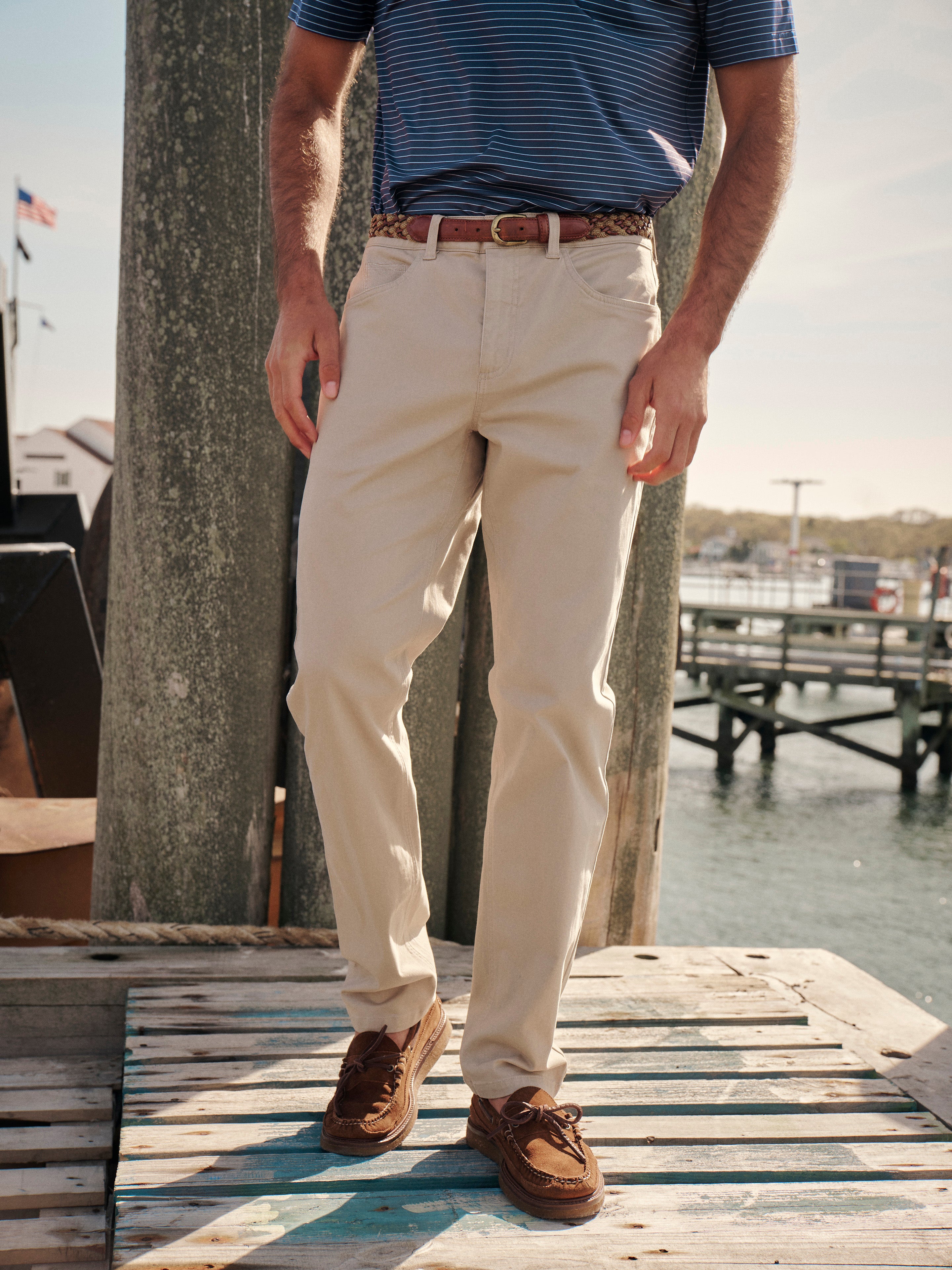15% Off Gift Cards With Code GIFTMORE Shop Now
Final Days for Guaranteed Christmas Delivery – To get your gifts in time, place your order by EOD Friday, 12/12 with Standard Shipping, free on orders $130+.
Sign Up & Get 15% Off
Bundle & Save Shop Now
Refer a Friend & Earn $25 Share Now




